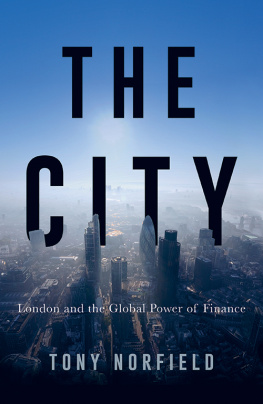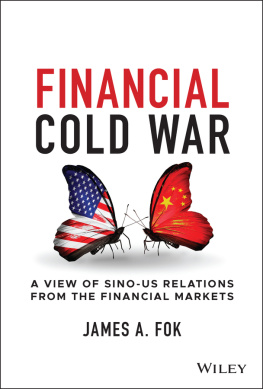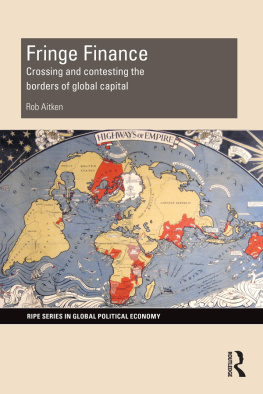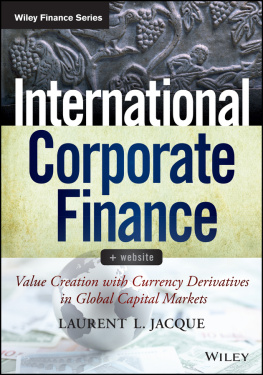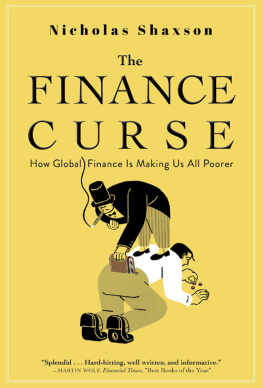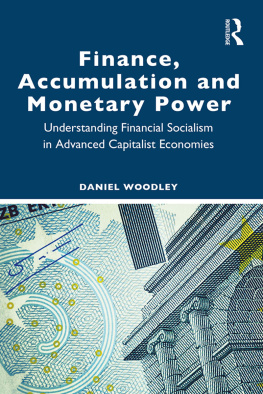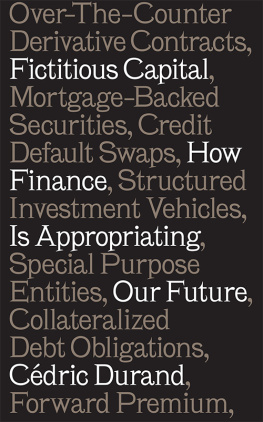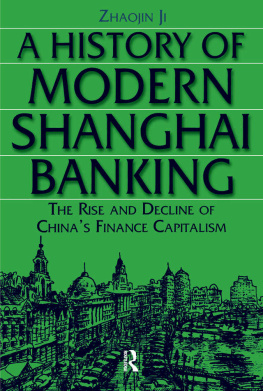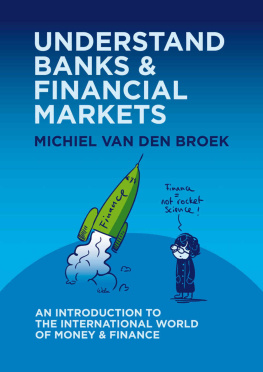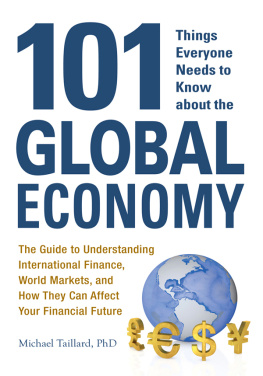The head of eurobond trading at Bank of America International in London was an intense and exacting man, not known for his sense of humour. So, as the new analyst in the securities dealing room, I had to be careful responding to the question he put to me: Where is value? At first, I didnt know what he meant. He dealt in financial securities, and there is no value in them, only a price that goes up and down for reasons I had not yet fully worked out. Surely, this wasnt an expression of existential despair. Did he want to chuck it all in and do something useful? No, he wanted to find a security that offered an attractive return, especially one whose price would not fall just after he had bought it. So I said, Ill have a look and get back to you in half an hour. This seemed to placate him, although he would not have been pleased to know I had barely gotten to grips with the array of flickering grey-green numbers on the terminal screens.
That was in the summer of 1987, less than a year after the Thatcher government cut restrictions on UK financial markets with the Big Bang reforms. Those reforms encouraged foreign banks, including Bank of America, to expand operations in the City of London, and enabled the City to benefit from an extended boom in world financial markets a boom halted only temporarily by the October 1987 stock-market crash and by other market upsets. It was also the start of my career in finance that lasted nearly twenty years, and took me to three more banks, Japanese, British and Dutch, where I witnessed the inner workings of the financial markets. I worked in dealing rooms and travelled to forty countries to visit the banks government, corporate and financial clients. Over time, the dealing room screens grew bigger, with multi-coloured prices and graphics, and the computers got faster and more sophisticated. But the search for value was the same.
If the dealer found value, a portion of it would find its way into his (rarely her) bonus and into the banks profits and dealing revenues. This was, and remains, the focus of City activity: making a good bet, or at least not getting caught out by the market. Many people conclude that the City is a casino, but the analogy is misleading. While the City does not turn away prospective clients who have more money than sense, its primary role is to manage financial deals for capitalist companies and governments. It is the financial nerve centre of the global system, not a betting shop, and this position also places it at the forefront when crises occur.
There was no small irony in my going to work in the City. I had decided some years before that organising society on capitalist principles was a bad idea, so the financial sector was not the obvious choice for me. My views hadnt changed. But needs must, and, letting discretion be the better part of valour, I kept my sense of self by injecting humour into the market reports I broadcast to the dealing rooms where I worked. Once, I even got a joke about US President George (Dubya) Bush on the front page of the Financial Times. I said that Bush had a pronuncification problem when he used the word devaluation instead of deflation, an error that led to some turmoil in currency markets. Luckily, I managed to avoid extraordinary rendition.
This book is about how the global financial system works, and in whose interests. Although I give a number of examples from my personal experience, it is not my City autobiography. I will not distract the reader from my main objective with stories of agony and ecstasy in dealing rooms and the idiosyncrasies of financiers. Contrary to appearances, the City does not exist to launch a business elite into the upper stratosphere of wealth, although it can certainly do that. The real City story is that it plays particular roles for British capitalism, and that it could not do that unless it was also servicing a global system. So my focus is far from being just on the City of London. It is much more on how major companies and countries use financial operations to take control of the worlds resources. The City generates dealing revenues for the British economy from worldwide transactions and it offers easy access to funding for favoured corporations and governments. In doing so, it facilitates the global mechanism of finance and helps to centralise economic power.
Another aim of this book is to explain why it is wrong to counter-pose finance to a more favoured, productive version of capitalism. Financial operations inevitably arise from capitalist market production, as one can see simply by considering what any company must do to obtain funds to buy goods or when making its regular payments, let alone when embarking on new investments. But more than this, a productive company, especially a large one aiming to boost its market position, will also get heavily involved in financial dealing. Typically, this means merging with or taking over its rivals in stock-market deals, or using the equity and bond markets to increase its financial strength. My argument is that if you do not like finance but have no problem with the capitalist market system, you ought to think a little more about that perspective, since the two are inseparable.
I would like to acknowledge those who helped bring this book to fruition, although I do not presume that they would necessarily agree with all, or even many, of the arguments it contains. Particular credit goes to Lucy and Alice, who read some earlier versions of the chapters, making valuable comments, and who also helped me envisage much more clearly those for whom I wanted to make these points. A number of people also read drafts of some chapters of this book and made useful comments, including John Smith, Andy Higginbottom and Maria Ivanova. Less directly, a longstanding friend, Susil, has been a persistent source of enlightenment in our many discussions. Apart from sharing little-known sources on historical developments and on how the world works today, he has offered valuable tips on writing clearly, not least by alerting me to the pleonasm virus and how to avoid it. Much of the research that culminated in this book was undertaken for a PhD course at the School of Oriental and African Studies, London University, which I completed in 2014 and during which Ben Fine was a very helpful guide. Finally, for more valuable encouragement than they might have realised, and for offering much more constructive, detailed and critical editorial advice than I had expected, I would like to thank my Verso editors in London, Rosie Warren and Leo Hollis.

